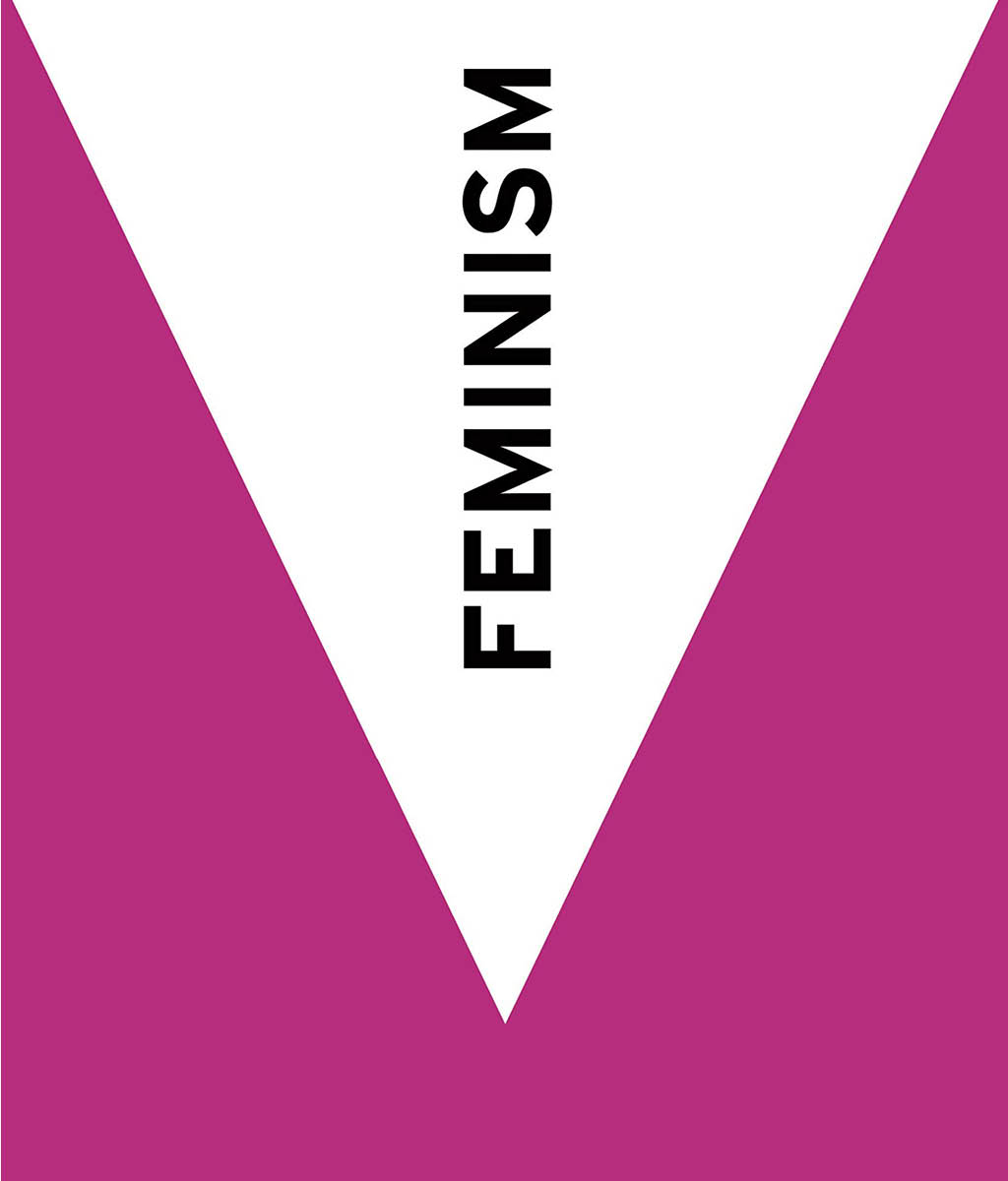I am reading 'Eve Was Shamed' by Helena Kennedy QC. She is one of Britain's most distinguished lawyers and public figures. In chapter 5 (The Whore) she has some interesting things to say about sex work.
page 162 "Off-street sex workers usually operate from massage parlours or saunas or in accommodation where there are other women, or a 'maid' who keeps an eye out for oddballs and acts as a doorkeeper. Many 'maids' are women who were themselves at one time 'toms', as the police call prostitutes. Off-street sex is much less risky but unfortunately the Sexual Offences Act of 2003 criminalised the role of maid, making life for sex workers far less safe; it is also increasingly the venue for paid sex because arrangements are made on the Internet."
"The jury is still out on whether it [criminalising the purchase of sex] works or whether it simply drives the sale of sex underground with consequent higher risks for women. Unless there is better evidence from the places where this change has operated for a number of years, I remain very sceptical about the criminalisation of the male purchasers."
This is interesting because so many people believe that prostitution cannot be driven underground. In a debate in parliament the former MP Gavin Shuker said that if a punter can find a sex worker then so can the police. That's like saying that if a drug addict can find a drug dealer then so can the police.
As for evidence that the 'Swedish experiment' actually works, I have a lot of information on this blog including here.
page 163 "The laws against brothel-keeping still prevent two or three women sharing a flat for their work, which would reduce the risks of assault and provide companionship."
page 165 "I come at it as a feminist lawyer and would want to see evidence from a reliable source about the Swedish experiment and those in other jurisdictions to see if criminalising the purchase of sex actually works.
We must always look carefully at how law can be misused. The government's antisocial behaviour orders are now being used to bar women from certain streets or from associating with each other, although the original public rationale for the orders was about protecting the public from gangs of boys or bad neighbours creating a nuisance. Breach of an order can attract a maximum sentence of five years which means the reintroduction of imprisonment for prostitutes which had been removed in the Criminal Justice Act 1982. So while the rhetoric is all about helping women, England and Wales are fast becoming the most punitive countries in Europe for prostitutes."
page 169 After writing briefly about sex workers expecting poor treatment in courts particularly concerning the welfare of their children and the fact that mothers can find prostitution a convenient way to make a living she goes on to write about how the law affects their family life.
"Charges of living off immoral earnings were introduced to reach the pimps who exploited women and forced them into sexual misery. However, many women complain that in fact they make their own choices about how they earn a living, and the law is frequently used against boyfriends and husbands or family members who exercise no control over them at all. The effect is to prevent these women having any semblance of a home life. Taxi drivers, particularly minicab drivers, are sometimes charged with living off immoral earnings if they provide a regular service for prostitutes and facilitate their work. The same is true for landlords and massage-parlour and sauna owners if the police take against them."
Later in the chapter she writes about the Sexual Offenses Act 2003, the Modern Slavery Act 2015 and the Police and Crime Act 2009. She doesn't mention that the Police and Crime Act 2009 was intended to amend the definition of a brothel so that two or three individuals may work together (whatever happened to that?). She also mentions the National Referral Mechanism.
She finds persuasive a book called Illegal and Illicit: Sex Regulation and Social Control by Joanna Phoenix and Sarah Oerton. They show that the law operates to the detriment of some women who choose prostitution voluntarily.
On page 163 she writes about the case of Margaret MacDonald who was sentenced to four years imprisonment. 'These are women who would rather be sex workers than cleaners or care workers, as they earn much more money doing it, and until women's work is better paid, they want to carry on without interference.'
On page 177 she looks favourably on reforms in the Australian state of Victoria and in Holland.
There are a couple of things I am unhappy about though with her book. On page 161 she writes 'Three-quarters of those involved in prostitution in Britain entered street prostitution before their 18th birthday'. She doesn't give a reference but it seems to come from a 1995 study 'Street prostitution: Ten facts in search of a policy' by Benson and Matthews. This is clearly about street prostitution and not prostitution in general but even so I don't believe it.
On page 162 she gives more statistics including '68% met the criteria for post-traumatic stress disorder' (whatever that means). Helena Kennedy should realise that the 'research' of Melissa Farley is flawed. Overall though, I think it is a good book. She makes a lot of sense.
On page 170 she writes about women getting deported after police raids and mentions other forms of trafficking such as trafficking for cheap labour or domestic servitude 'doing back-breaking agricultural jobs or cockle picking or poultry cleaning and packing, living in inhumane conditions and being paid well below the minimum wage'. This is important because these issues tend to be ignored by people who support police crackdowns on prostitution.





.jpg)




